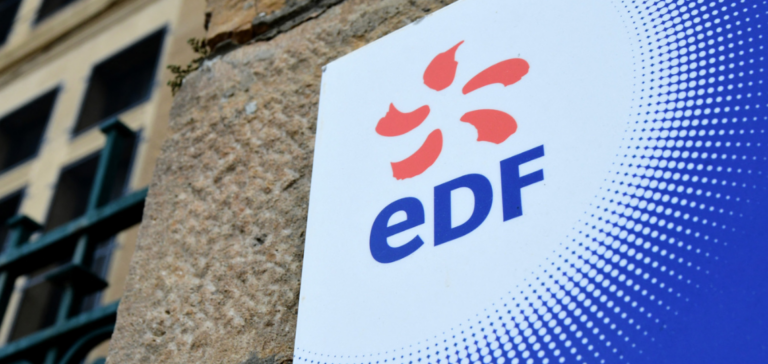The French government has announced a historic agreement with energy giant EDF, aimed at ensuring stable energy bills for consumers. This announcement comes after long and sometimes difficult negotiations between the parties concerned.
An average price of 70 euros per MWh
Under the terms of this agreement, the average price of nuclear electricity will be set at around 70 euros per MWh from 2026, for a period of 15 years. This measure is designed to avoid excessive variations in electricity prices, which should benefit consumers.
Consumer protection
An important aspect of this agreement is the provision that any additional income generated by EDF in the event of market price fluctuations will be partially passed on to consumers. This measure is designed to guarantee permanent protection of electricity prices for consumers, while enabling EDF to finance future investments, notably in new nuclear reactors.
Comments from the Minister of the Economy and Finance
Bruno Le Maire, French Minister of the Economy and Finance, underlined the importance of this agreement, stating that although EDF is a nationalized company, it must remain profitable, thus avoiding the sale of electricity at a reduced price. He also noted that this agreement would enable companies to maintain their competitiveness.
Reform of the European electricity market
Agnès Pannier-Runacher, France’s Minister for Energy Transition, explained that this agreement was part of the ongoing reform of the European electricity market aimed at disconnecting electricity prices from fossil fuels, particularly gas. This reform is crucial as the current agreement on electricity price regulation, the Arenh, expires in 2025.
A matter of urgency for companies
For companies buying their electricity two years in advance, it was urgent to find a new regulatory framework, as promised by President Emmanuel Macron. The current mechanism forced EDF to sell part of its electricity at a low price to its alternative supplier competitors, resulting in a loss of revenue for the company.
Enhanced consumer protection
The new regulatory framework will cover all of EDF’s nuclear generation and include a price-cap mechanism to protect consumers. In the event of average prices exceeding 78 to 80 euros per MWh, part of EDF’s additional income will be passed on to the community, i.e. to consumers.
Towards an adjusted sales policy
It is important to note that this does not necessarily mean that consumers will actually pay 70 euros. EDF will be encouraged to adjust its commercial policy in line with this objective, in particular by making efforts to reach out to industrial customers who are large energy consumers.
Bruno Le Maire stressed the importance of maintaining competitive electricity prices in Europe, in view of the surge in energy prices in 2021. France’s nuclear energy sector plays a key role in this objective.
The agreement between the French government and EDF marks a crucial step towards ensuring stable energy bills for consumers. By setting an average price for nuclear electricity and providing consumer protection mechanisms, this agreement aims to ensure greater cost predictability, while enabling EDF to maintain profitability and finance future investments. The question of electricity prices is of particular importance in the context of competitiveness in Europe, and this agreement helps to keep France among the most competitive nations in terms of electricity prices.






















